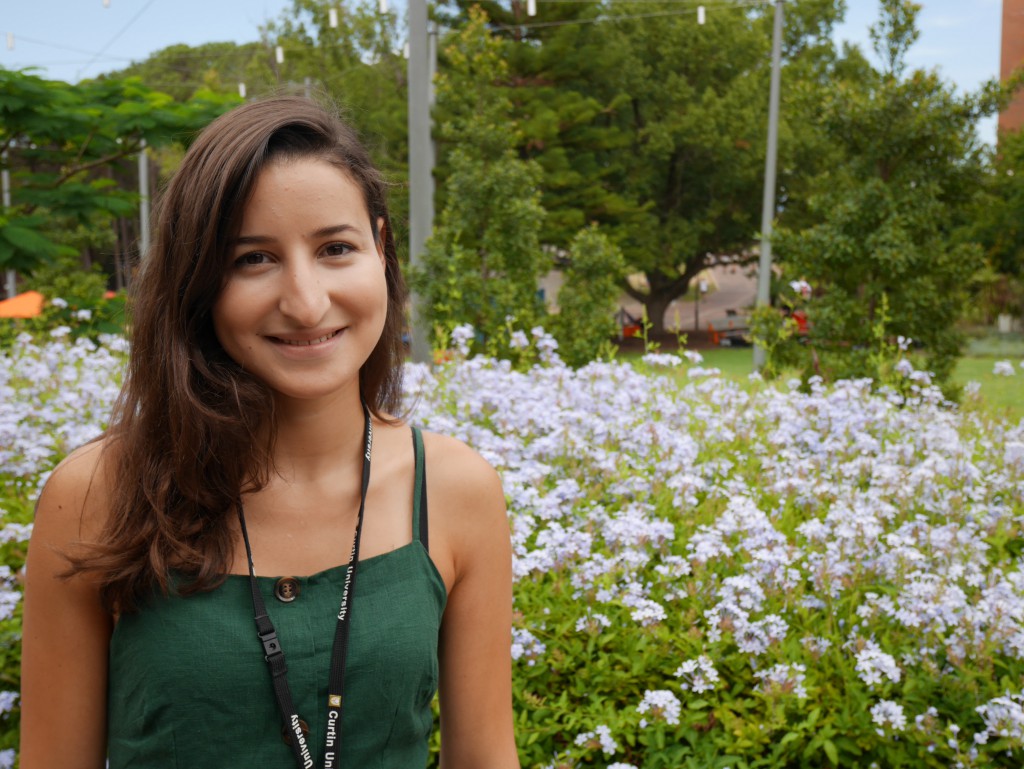Globetrotting Curtin Health Innovation Research Institute (CHIRI) PhD student Ahlima Roumane will go wherever her research journey takes her if it means becoming a better researcher and potentially helping people with some debilitating metabolic disorders.
So when the opportunity to pack her bags and head to Scotland for a year to continue work on an international research collaboration between CHIRI and the University of Aberdeen, off she went.
Ahlima will be based at the world-renowned Rowett Institute, where most of the current research is sponsored by the Scottish Government and aims to address some big issues of our time, including food inequalities, food security and obesity, and the sustainable development of Scotland’s food industry. Major programs of the institute’s food and health-related research are also funded by the European Union and research councils.
Ahlima’s research is part of a collaboration between the laboratories of CHIRI’s Professor Philip Newsholme, and Prof. Justin Rochford from the University of Aberdeen, which aims to find new therapeutic targets for a fatty tissue disorder called lipodystrophy.
Ahlima, who has been working on this collaborative project for seven months under her CHIRI supervisors Prof. Newsholme and Associate Prof. Cyril Mamotte, will now work under the supervision of their Scottish counterparts in the collaboration.
“Research is an international community and collaborations are an important part of that,” Ahlima said.
“Getting to work between two countries and see how research is conducted in different labs is an amazing opportunity – it will make me more adaptable as a researcher and I’m excited to be part of the information exchange between the two labs.”
Ahlima’s PhD project specifically aims to define the role of a protein called ‘seipin’, which is thought to be responsible for lipodystrophy. Patients with lipodystrophy lack adipose tissue and present with severe metabolic disorders.
With seipin being a key regulator of lipid metabolism and adipose tissue development, Ahlima hopes learning more about the protein will unlock potential new treatments for the disorder, as well as similar metabolic disorders such as obesity.
Forged between Curtin and the University of Aberdeen in early 2017, the Aberdeen-Curtin Alliance draws on the strengths of both universities to deliver high-impact research and innovative coursework programs across a broad range of areas, including health-related research carried out at CHIRI.
Ahlima will spend a total of two years of her PhD based at CHIRI, which she will complete upon her return from Scotland. We wish her every success and look forward to welcoming her back next year.
